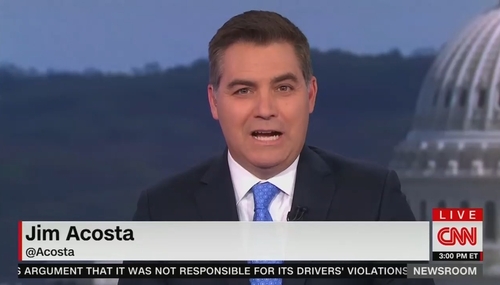Could Western environmentalists hinder the economic development of the newly independent nation of Kosovo? They could, if the media trend of siding with environmentalists continues.
The greatest challenge facing Kosovo - which declared independence from Serbia two weeks ago - may not be opposition from Russia and Serbia, but may come from Western environmental groups opposed to mining what The New York Times on March 5 called the nation's "vast amount of minerals."
Currently, the country's largest export is scrap metal. Accessing the extensive resources - including an estimated 14 billion tons of coal - in Kosovo will require restructuring of its "outdated" mining systems, but the mining industry has faced fierce opposition from Western environmental activists.
In their 2007 documentary "Mine Your Own Business," Irish filmmakers Phelim McAleer and Ann McElhinney interviewed Deepak Lal, a professor in International Development at UCLA, who called Western environmentalists the "biggest enemies of the poor."
Environmental activists featured in McAleer's documentary, such as environmental journalist Stephanie Roth and Mark Fenn of the Worldwide Fund for Nature, have already stalled mining interests in the struggling economies of Romania, Madagascar and Chile. (Incidentally, The New York Times championed Roth's work in an article in January 2007.)
If past environmental opposition can help predict the future, it will only be a matter of time before bold investors in the Kosovo mining economy are rivaled by environmentalists.
And the question remains: what role will the media play in Kosovo's economic reconstruction. Can journalists maintain a "hands-off" approach and allow the citizens of Kosovo to make decisions about their own economy? Or will they continue to side with environmentalists, as The New York Times did with Roth, and risk handicapping an already disadvantaged nation?




